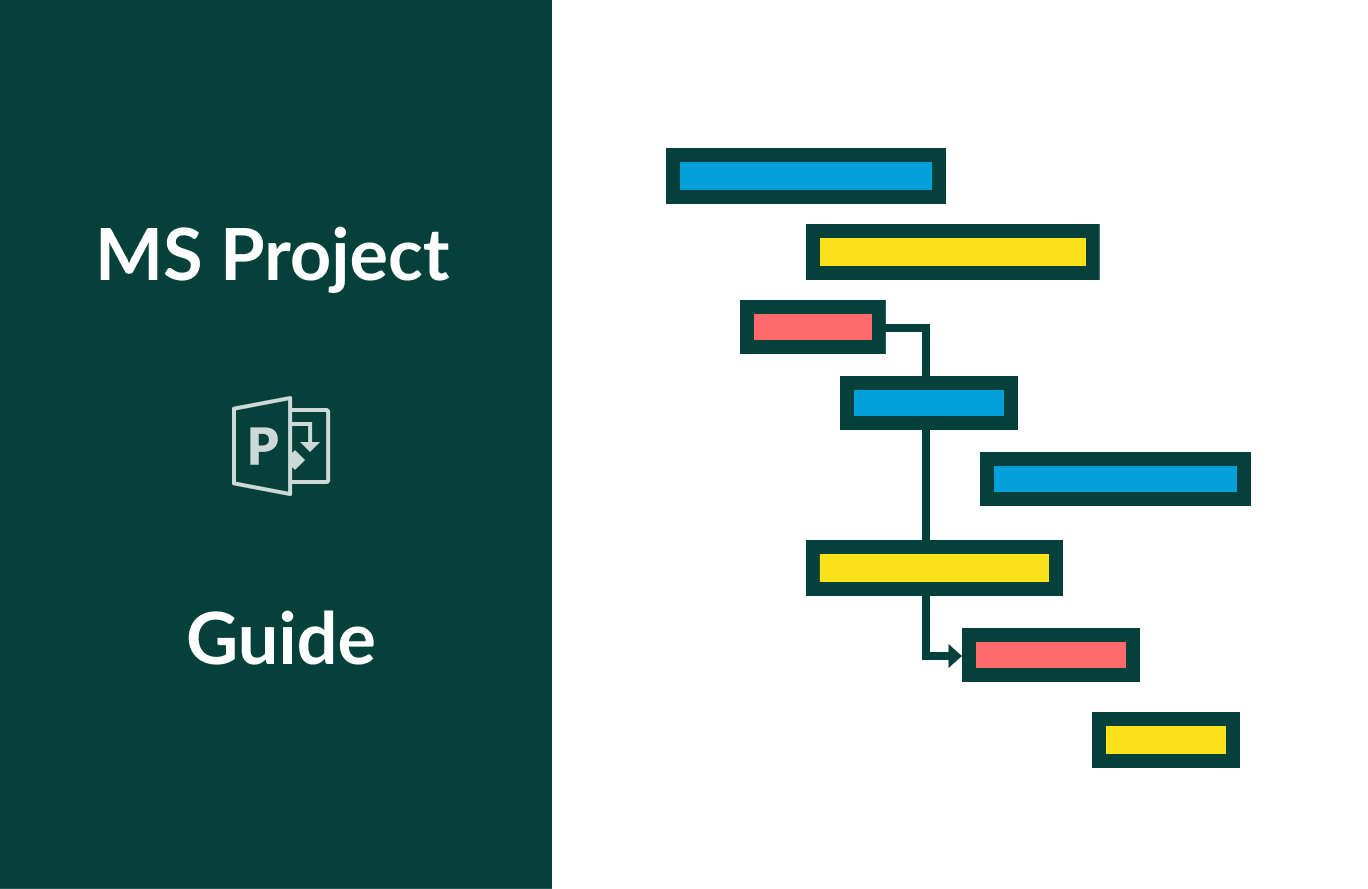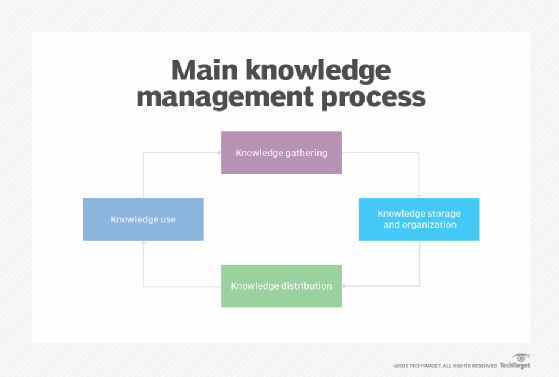
PMI institute can assist you in your search for a certification that proves your knowledge in project management. The PMI institute offers certification in form of the Project Management Professional (PMP) credential. PMI also offers webinars on-demand webinars and PDU qualifying activities, which you can report to them for certification purposes. Additionally, the institute offers templates and a library of articles related to the industry.
Project management institute
The Project Management Institute (PMI) is a U.S.-based not-for-profit professional organization dedicated to project management. PMI is an association of project managers who are certified in the practices of project management. Its mission, is to improve the practice and efficiency of project management.

Project management professional (PMP) credential
The Project management professional credential (PMP) is internationally recognized. This credential can be added to your resume. It will also help your employer identify you as a project management professional. The PMP credential was designed to make project management consistent across various industries and countries. This credential can be used to demonstrate to employers that you are competent in managing projects.
PMI RMP exam
The PMI RMP exam forms part of the PMI certification. This professional certification assists managers in improving project performance. The exam is divided into multiple rounds. Before you start the exam, spend time reviewing and answering the questions. This will help you save time, and you won't have to try questions that take too much time.
Exam PMI-SP
The PMI SP exam is an important component of PMI certification. This exam can help you move up in your industry, no matter if you are a beginner or a professional. This is why it is so important to properly prepare and pass the exam in the first attempt. Using PMI-SP practice questions is a great way to get prepared for the exam, boost your confidence, and reduce your exam anxiety.
Free eLearning platform
The Project Management Institute (PMI) offers a free e-learning platform with courses, resources, and discussion forums for project management professionals. Its resources cover a range of topics, including Project Management for Beginners, Agile in Project Management Office, and Business Continuity. PMI members can also access a collection of publications, as well as international standards. These resources include thousands worth of guides, articles, and tools.

Simulators for exams
Exam simulators make it easy to study for the PMP exams. They are compatible with any type of device: mobile, tablet, computer. To access exam data, they use a secure browser connection. This feature allows users to easily study on multiple devices as well as practice for the exam wherever they are.
FAQ
What is the difference of leadership and management?
Leadership is about inspiring others. Management is about controlling others.
A leader inspires followers while a manager directs workers.
Leaders inspire people to achieve success. Managers keep their workers focused.
A leader develops people; a manager manages people.
What role does a manager have in a company's success?
There are many roles that a manager can play in different industries.
In general, a manager controls the day-to-day operations of a company.
He/she ensures the company meets its financial commitments and produces goods/services that customers demand.
He/she is responsible for ensuring that employees comply with all regulations and follow quality standards.
He/she is responsible for the development of new products and services, as well as overseeing marketing campaigns.
What does the term "project management” mean?
This refers to managing all activities that are involved in a project's execution.
This includes defining the scope, identifying the requirements and preparing the budget. We also organize the project team, schedule the work, monitor progress, evaluate results, and close the project.
How do we build a culture that is successful in our company?
A successful company culture is one that makes people feel valued and respected.
It's founded on three principal principles:
-
Everyone has something valuable to contribute
-
People are treated fairly
-
It is possible to have mutual respect between groups and individuals
These values can be seen in the behavior of people. They will treat others with respect and kindness.
They will listen to other people's opinions respectfully.
They can also be a source of inspiration for others.
Company culture also encourages open communication, collaboration, and cooperation.
People are free to speak out without fear of reprisal.
They know mistakes will be accepted as long as they are dealt with honestly.
Finally, the company culture encourages honesty as well as integrity.
Everybody knows they have to tell the truth.
Everyone recognizes that rules and regulations are important to follow.
No one is entitled to any special treatment or favors.
Statistics
- The profession is expected to grow 7% by 2028, a bit faster than the national average. (wgu.edu)
- Our program is 100% engineered for your success. (online.uc.edu)
- This field is expected to grow about 7% by 2028, a bit faster than the national average for job growth. (wgu.edu)
- Hire the top business lawyers and save up to 60% on legal fees (upcounsel.com)
- UpCounsel accepts only the top 5 percent of lawyers on its site. (upcounsel.com)
External Links
How To
How do you use the 5S in your office?
Your workplace will be more efficient if you organize it properly. A clean desk, a neat room, and a well-organized space are all key factors in ensuring everyone is productive. To ensure space is efficiently used, the five S's (Sort Shine, Sweep Separate, Store and Separate) are all essential. In this session, we'll go through these steps one at a time and see how they can be implemented in any type of environment.
-
Sort. Don't waste your time looking for things you already know are there. You should place things where you are most likely to use them. It is a good idea to keep things near where you are most likely to refer to it. Consider whether you really need the item. If it no longer serves a useful purpose, get rid it!
-
Shine. Anything that could cause harm or damage to others should be thrown out. For example, if you have a lot of pens lying around, find a way to store them safely. A pen holder might be a good investment, as it will prevent you from losing pens.
-
Sweep. To prevent dirt buildup on furniture and other items, clean them regularly. You may want to invest in some dusting equipment to ensure that all surfaces are as clean as possible. To keep your workstation tidy, you can set aside an area for dusting and sweeping.
-
Separate. Separate your trash into multiple bins to save time when you have to dispose of it. You can dispose of your garbage easily by placing trash cans strategically around the office. Place trash bags next to each trash can to take advantage of the location.